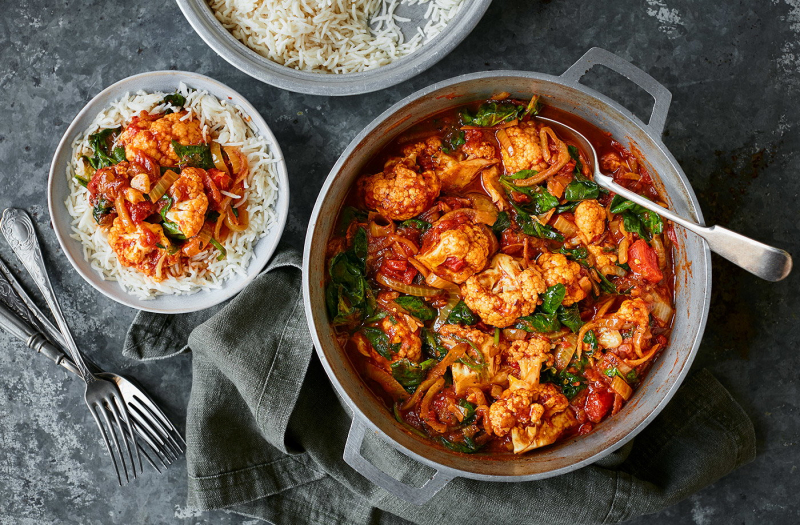A vegan diet is richer in certain nutrients
If you switch from a typical Western diet to a vegan one, you will stop eating meat and other animal products. In the case of a whole-food vegan diet, substitutes include whole grains, fruits, vegetables, beans, peas, nuts, seeds, etc.
Compared to a typical Western diet, these foods make up a greater portion of a vegan diet, which can result in higher daily consumption of some beneficial nutrients. Numerous studies have shown that vegan diets typically contain higher levels of fiber, antioxidants, and other plant compounds. Additionally, it seems that they contain more potassium, magnesium, folate, and vitamins A, C, and E. But not every vegan diet is the same. For instance, a vegan diet that is not well-planned may not provide enough vitamin B12, niacin, riboflavin (vitamin B2), vitamin D, calcium, iodine, selenium, or zinc. It is crucial to choose fortified foods and whole plant foods because of this. Vitamins B12 and D, zinc, and calcium are some nutrients that may be deficient in a vegan diet, so you may need to think about taking supplements.







